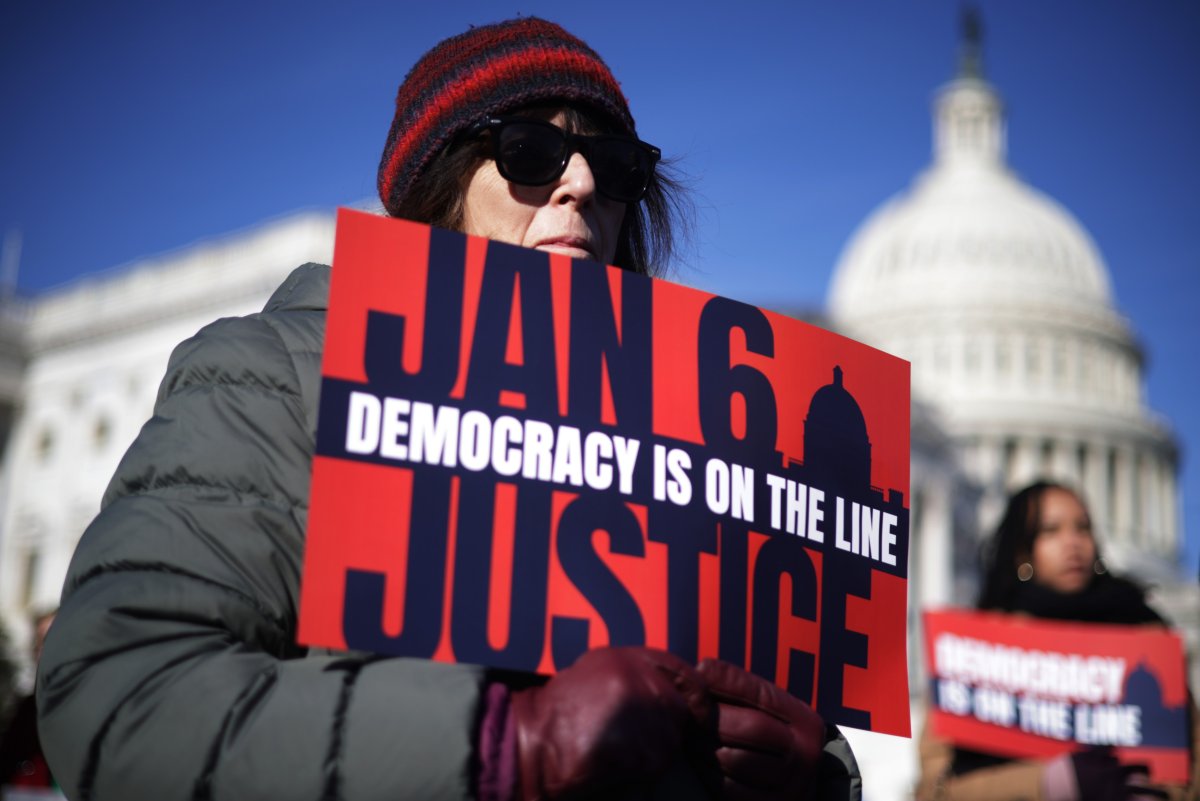Although the United States Supreme Court is not authorized by the Constitution to "make" the law, it is empowered to interpret the law in the context of an actual case or controversy.
Based on Article III of the Constitution, the Court is forbidden from issuing advisory opinions, or hearing a case that's not "ripe," which refers to a controversy that has not yet matured, or one that's based upon hypothetical future events that may not unfold as anticipated or unfold at all. Stated another way, the jurisdiction and power of the Supreme Court is confined to actual cases with identifiable opposing parties who are engaged in a substantial ongoing controversy that is real, adversarial, and presently existing.
The immutable and fundamental constitutional duty of the Supreme Court then, is to decide actual cases or controversies that are ripe and real without being distracted by hypothetical scenarios or theoretical suppositions that remain imaginary. Unfortunately, however, many of those listening to or observing the oral arguments and questions of the justices in Trump v. Anderson could not help but ponder whether the Court, in its consideration, intended to adhere to the judicial interpretation rules articulated in the Constitution and enforced by the Court throughout its history; or, in the alternative, would explore ways for a decision to be avoided or rendered by a different arbiter at a different time and place.

Far better for our union, for the reputation and stature of the court, for the Constitution, for our democracy and, frankly, for the planet, to faithfully confront the issue of disqualification head-on and without delay. The Supreme Court brief of the Colorado voters is a masterful presentation of history and constitutional law that, if studied thoroughly and carefully, will lead any tribunal, including the Supreme Court, inescapably to the right conclusion.
A question asked during argument focused upon where the discretion to disqualify candidates from federal office resides. Fortunately, there is a plain and simple answer. The authority to make such disqualification decisions, whether on the basis of age, residency, birthplace, or Section 3 or the 22nd Amendment, resides in the same place it has always resided for 235 years: with election supervisors and the secretaries of the states and commonwealths.
Parenthetically, it's worth noting that Congress was provided the authority in Section 5 of the 14th Amendment to adopt "appropriate legislation" to enforce other sections of the Amendment in 1868, but in reference to section 3 has never done so over the last 156 years since the ratification of the 14th Amendment.
There's nothing mysterious or unusual about requiring presidential candidates to meet the aforementioned eligibility requirements. They're mandatory and cannot be waived nor ignored. Throughout history, a multitude of candidates, including presidential candidates, have been disqualified by election officials because of their failure to meet pertinent qualifications allowing access to a primary election ballot.
In reference to the 2024 presidential election, it has been argued by some political soothsayers that because the disqualification requirements of the 14th Amendment have rarely been applied, we should just move on, turn a blind eye to the Constitution, ignore the Disqualification Rule, and quietly leave the voters to address, by their votes, the presidential qualification issues in the coming election.
The thing is, that's simply not a constitutional or legal alternative. Not unless the Supreme Court and the American people are prepared to defy and thereby abrogate the Constitution. The qualifications set forth in the Constitution are not options to be casually noted, arrogantly dismissed or discreetly avoided by self-serving strategists, sanctimonious candidates, adventurous jurists or timid election officials entrusted by the Constitution to ensure the purity of elections and guard against abuses of the electoral process.
None of them have the license of the American people to spurn a constitutional imperative that's plain on its face: if you've taken an oath of office to "preserve, protect and defend the Constitution" and you thereafter betray its provisions by engagement in insurrection or rebellion, the 14th Amendment Disqualification Rule forever bars you from ever again seeking that, or any other office. Unless Congress, in its wisdom, and by a two-thirds vote, removes "such disability."
The fact that the Disqualification Rule has not been previously applied to a presidential candidate does not diminish the materiality or clarity of the Constitutional mandate. If anything at all, the rarity of the application more profoundly reveals that the nation has, mercifully, had to suffer only one president who took an oath to preserve, protect, and defend the Constitution and then, as declared by three different tribunals in two different states, demonstratively engaged in insurrection against it.
Nor does the limited application of the Rule make it more complex than what it is on its face. The words in Section 3 unambiguously mean what they say, and they say what they mean.
So, too, does the method of judicial analysis of the Constitution referred to as "Originalism," which, to paraphrase Supreme Court Justice Amy Coney Barrett, interprets "the Constitution as a law," and "its text as text." Originalism also makes clear that the text of the Constitution is interpreted "to have the meaning that it had at the time people ratified it." In other words, the meaning of the words in the Constitution don't "change over time," nor is it the prerogative of a judge or justice, when interpreting the Constitution, "to update" the text or "infuse" his or her policy views into that text.
The point of the Disqualification Rule embodied in Section 3 and its application to the 2024 presidential election are unmistakable: It would be unforgivingly foolish to allow a presidential candidate who knowingly and purposely betrayed the Constitution, his country, and his office the opportunity to engage in the same treacherous conduct a second time around. So thought the framers of the 14th Amendment and the people of this country who approved it in 1868.
Marc Racicot is a former governor and attorney general of the state of Montana. He also served as Chairman of the Republican National Committee as well as the chairman of the Bush/ Cheney Reelection Campaign.
The views expressed in this article are the writer's own.
Uncommon Knowledge
Newsweek is committed to challenging conventional wisdom and finding connections in the search for common ground.
Newsweek is committed to challenging conventional wisdom and finding connections in the search for common ground.
About the writer
To read how Newsweek uses AI as a newsroom tool, Click here.






